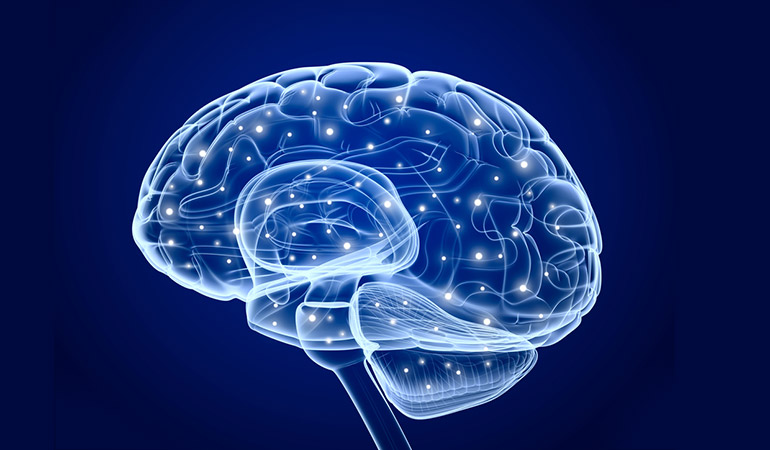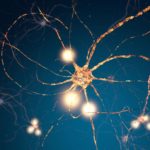Often times, physical and psychological symptoms from excessive nicotine use arise following smoking cessation. Pioglitazone, an efficient treatment for diabetes patented in 1985 and released in 1999, may reduce the severity of nicotine withdrawal, according to new research released in JNeurosci.
Pioglitazone, belonging to the thiazolidinedione class of drug treatments, is frequently considered for its insulin-sensitizing and hypoglycemic activity in reducing symptoms of type 2 diabetes.
In the new study, researchers administered the anti-diabetic treatment on rodents and monitored for any behavioral abnormalities, like affective and somatic traits, associated with nicotine withdrawal.
According to the findings, Esi Domi writes: “PPARγ, an isoform of Peroxisome Proliferator-Activated Receptors is the receptor for the thiazolidinedione class of anti-diabetic medications including pioglitazone.”
“Results showed that activation of PPARγ by pioglitazone abolished the expression of somatic and affective nicotine withdrawal signs in rats and in (PPARγ (+/+)) mice,” Domi detailed in the findings.
“This effect was blocked by the the PPARγ antagonist GW9662. During early withdrawal and protracted abstinence the expression of PPARγ increased in GABAergic and glutamatergic cells of the amygdala and hippocampus, respectively.”
As attributed in the results, researchers speculate that activation of PPARγ could be efficient enough for individuals seeking smoking cessation.
“Smoking cessation leads the occurrence of physical and affective withdrawal symptoms representing a major burden to quit tobacco use,” researchers proclaimed.
“Our results demonstrate the implication of neuronal PPARγ in nicotine withdrawal and suggest that PPARγ agonism may represent a promising treatment to aid smoking cessation.”


